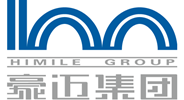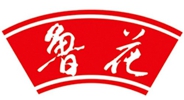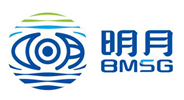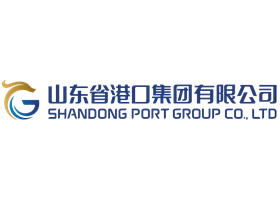-

UN official says Weihai is a vibrant coastal city
2025-09-22
Anaclaudia Rossbach, executive director of UN-Habitat, recently praised Weihai, located in East China's Shandong province, for being a vibrant coastal city.
-

South Korean guest's first tour to calligrapher sage's hometown
2025-09-22
The head of the Busan Calligraphy Association recently visited the Former Residence of Wang Xizhi, a legendary calligrapher and scholar of the Eastern Jin Dynasty (317-420), who was revered as a calligrapher sage.
-

Month-long calligraphy extravaganza in Linyi offers cultural feast for all
2025-09-22
On Sept 20, Linyi launched the 21st edition of the festival. The month-long cultural feast is bringing together calligraphers and enthusiasts from home and abroad.
-

Linyi celebrates calligraphy, enhancing cultural exchange
2025-09-22
"I think it is really amazing to focus so much on Chinese traditional art while we're in very modern times," said Zhang Jennifer Kerstin, chairwoman of the German-Chinese Association for Scientific and Cultural Exchange.






 Transformed Development Drivers
Transformed Development Drivers
 Rural Vitalization
Rural Vitalization
 Marine Economy
Marine Economy
 What's on
What's on
 Heritage
Heritage
 Traditional Culture
Traditional Culture
 Celebrities
Celebrities


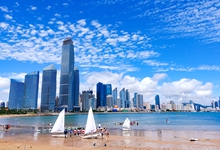 Why Shandong
Why Shandong
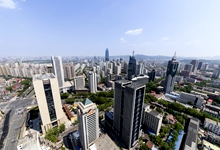 Industrial Parks
Industrial Parks
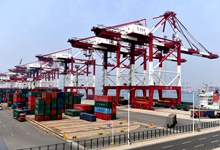 Belt & Road
Belt & Road
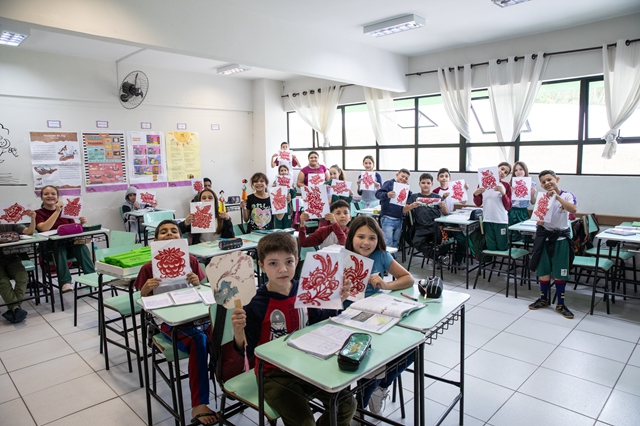 Sister Cities
Sister Cities
















